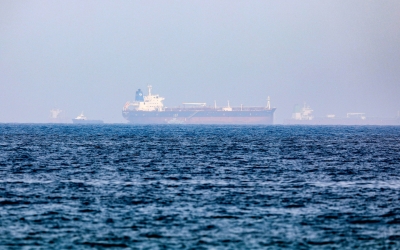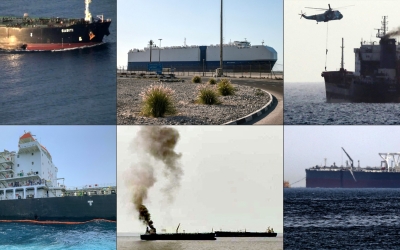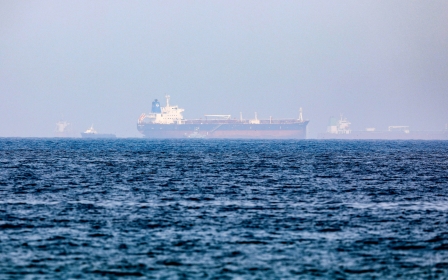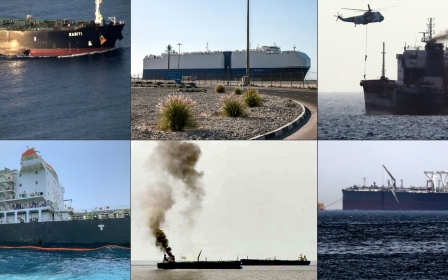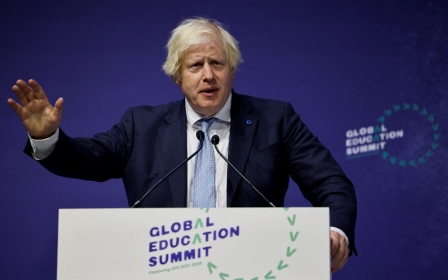Oman confirms freed Asphalt Princess tanker was hijacked in Arabian Sea
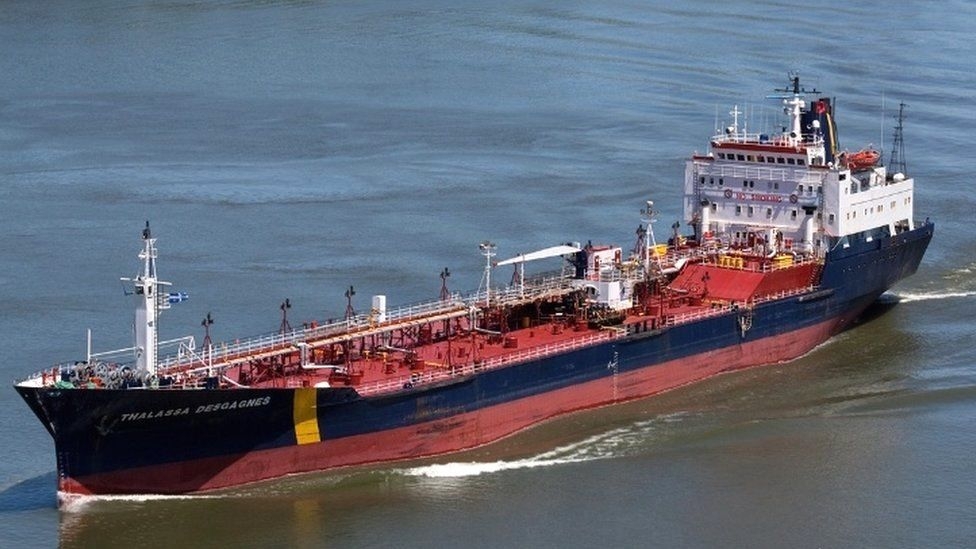
Oman provided the first official confirmation on Wednesday that the Asphalt Princess tanker was involved in a hijacking in the Arabian Sea after Britain's maritime trade agency earlier reported the incident was over.
Three maritime security forces had told Reuters on Tuesday that the vessel had been seized by suspected Iranian-backed forces, an accusation Iran denied.
Oman's Maritime Security Centre said on Twitter that it had received information about the Panama-flagged tanker being subjected "to a hijacking incident in international waters in the Gulf of Oman".
"The Royal Air Force of Oman is carrying out sorties near the area, and the Royal Navy of Oman deployed several ships to help secure international waters in the region," it added.
Earlier, Britain's maritime trade agency said the men who had boarded the ship had left the tanker, which was seized off the coast of the United Arab Emirates, and the vessel was safe.
The men who boarded the Asphalt Princess were reportedly armed and are said to have ordered it to sail to Iran, the BBC reported.
The AIS tracking status of the Panama-flagged Asphalt Princess was "Underway Using Engine" early on Wednesday, according to Refinitiv ship tracking data.
The United Kingdom Maritime Trade Operations (UKMTO) said in a warning notice based on a third-party source on Wednesday that people who had boarded a tanker involved in a "potential hijack" had since left and that the vessel, which it did not identify, was safe.
The incident took place in an area in the Arabian Sea leading to the Strait of Hormuz, the conduit for about a fifth of the world's sea-borne oil exports.
'Psychological warfare'
Iran's senior armed forces spokesperson, Abolfazl Shekarchi, on Tuesday denounced reports of maritime incidents and hijacking in the Gulf area as "a kind of psychological warfare and setting the stage for new bouts of adventurism".
The United States said it was too early to offer a judgment on reports of a maritime incident in the Gulf of Oman.
Tensions have simmered in the region, with Iran and Israel accusing each other of carrying out attacks on vessels in recent months.
A suspected drone attack last week on an Israeli-managed tanker off the Omani coast killed two crew members and was blamed on Iran by the United States, Israel and Britain. Iran has denied responsibility.
British Foreign Minister Dominic Raab said the United Nations Security Council must respond following the attack on the tanker, called Mercer Street.
"The Council must respond to Iran’s destabilising actions & lack of respect for international law," Raab said on Twitter, referencing a letter sent to the UN Security Council on Tuesday signed by Britain and other nations.
Tehran has said it would respond to any threat against its security.
Regional tensions have worsened since 2018, when Washington re-imposed sanctions on Iran after abandoning a 2015 nuclear deal between Tehran and global powers.
Middle East Eye delivers independent and unrivalled coverage and analysis of the Middle East, North Africa and beyond. To learn more about republishing this content and the associated fees, please fill out this form. More about MEE can be found here.


